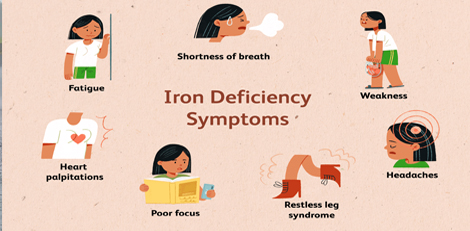These signs indicate the presence of an excess of calcium or hypercalcemia in us
Posted on: 29/Oct/2019 10:36:15 AM

For the building of bones, teeth plus in providing support to the muscles, nerves etc, calcium plays a big role. It is important to note that too much calcium would lead to many health issues in us.
The excess amount of calcium is also called hypercalcemia. It is known that the calcium levels in us are controlled by the parathyroid glands. Information is an overactive parathyroid gland or an underlying health condition could lead to the disruption of calcium levels in us.
Normal range of blood calcium:
It must be noted that the normal range of blood calcium levels is 8.6 to 10.3 mg/dl.
Reasons for hypercalcemia in us:
There are a few causes of this hypercalcemia in us. They are overactive parathyroid glands, too much of vitamin D, cancers plus other health conditions like TB, chronic kidney disease, severe fungal infections, etc. So please be careful.
Persons with hypercalcemia or excess calcium would show these signs or symptoms in them.
Excess thirst and frequent urination:
This is one of the important signs of excess calcium levels in us. Here, the kidneys have to work much harder due to excess calcium. This would make a person urinate frequently and this dehydration could take place. The person would have increased thirst.
Stomach pain and digestive issues:
An upset stomach could result due to too much calcium in us. There are also other issues like abdominal pain, nausea, vomiting etc due to high levels of calcium.
Pain in the bones and muscle weakness:
It must be noted that hypercalcemia could lead to the release of calcium in the bones leaving them deficient. This could result in pain and muscle weakness.
Mental confusion:
It is revealed that excess of calcium in us could lead to confusion too. This is also one important signs of hypercalcemia.
Fatigue:
Some persons complain of fatigue or tiredness. This could be due to hypercalcemia in them.
High BP and abnormal heart rhythms:
The imimportant point is BP or blood pressure occurs in those who have high levels of calcium. Electrical abnormalities take place and this could change the heart rhythms.







